BS”D
Sukkah 46a
Kislev 19, 5783. December 13, 2022
1 – We continued the גמרא discussing as to how many times we say לישב בסוכה and על נטילת לולב.
2 – We read the text in Tosfos where the famous Yerushalmi is quoted that one needs to say a ברכה when building his Sukkah.
3 – The גמרא brings a ברייתא that requires a שהחיינו to be made, both when building the Sukkah and when binding the Lulav.
[Our custom is as per the conclusion of the גמרא (next week) that we say שהחיינו only at Kiddush for both].
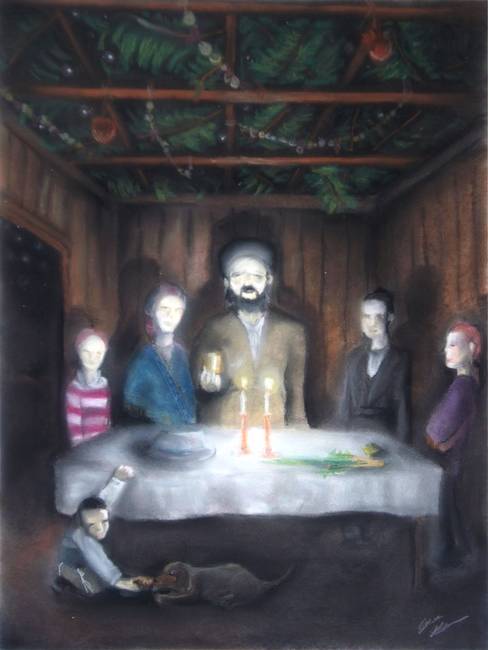
4 – Tosfos goes into a discussion regarding שהחיינו as to why on some Mitzvos and occasions we do say שהחיינו while on others not.
- Lulav and Sukkah – yes.
- Pidyon Haben – yes.
- Megillah – yes.
- Tefillin and Tzitzis- no.
- Bris – no.
- Hallel – no.
Tosfos at first suggests that only when performing Mitzvos that are related to שמחה and performed at a time of שמחה is שהחיינו recited.
At a Bris there is the pain of the child.
Hallel? Good question. The only pain that comes to mind is listening to an off tune חזן…….
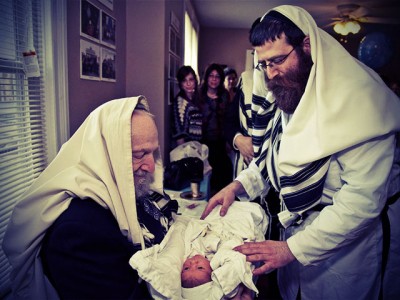
At the end of Tosfos they bring the answer of Reb Sherira Gaon that only Mitzvos that are not constant do we say שהחיינו . The problem is פדיון הבן.
We discussed other Mitzvos not mentioned in Tosfos.
Burning Chometz – perhaps because of the anguish of destroying food.

Yom Kippur is definitely not pleasurable, yet we do say שהחיינו.

4- Speaking of שהחיינו we mentioned the one of the few times that the Rebbe the צמח צדק argues with his grandfather, the Alter Rebbe.
This is in regards to saying שהחיינו when reading the Megillah (for the second time) פורים morning.
Whereas the Alter Rebbe writes in his Siddur not to say שהחיינו following the opinion of the Rambam, the צמח צדק writes (OC 114) ‘who am I to doubt his Holy words, but it’s Torah….’
He concludes that we should follow the רמ”א (OC 692, 1) and should say שהחיינו.
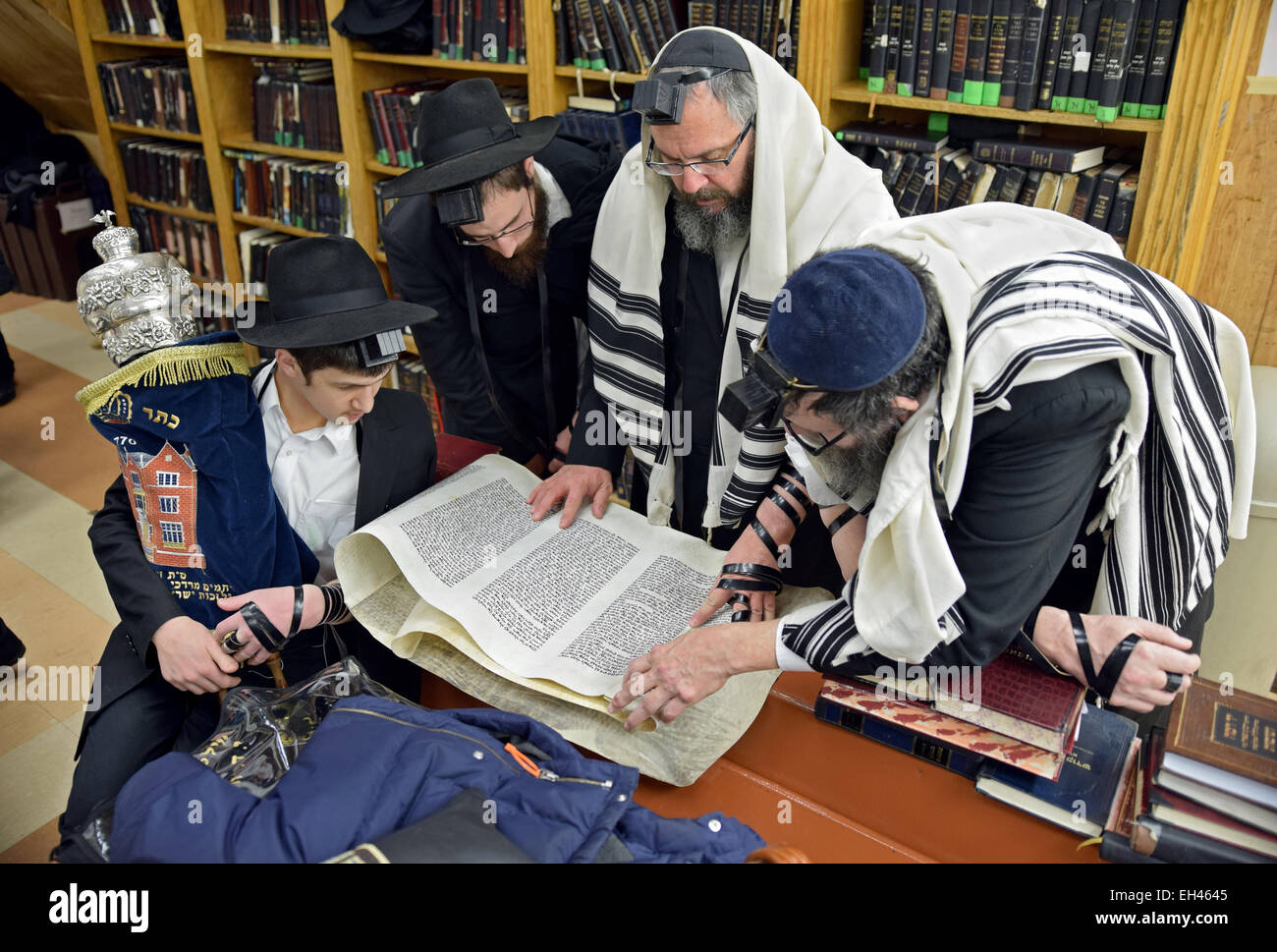
Additionally, he quotes the AR who says about שהחיינו that it can never be considered a ברכה לבטלה
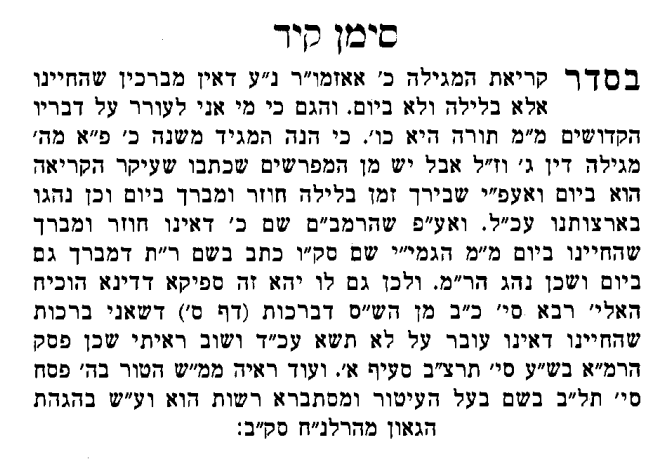
5- We mentioned the Chasam Sofer (OC 156) who discusses שהחיינו and whether one says it when becoming a רב.
The interesting story of the Rov named Dovid who was unsure whether to recite שהחיינו at his acceptance דרשה.
So he paraphrased the Pasuk:
וַיְבָרֶךְ דָּוִיד אֶת יְהוָה לְעֵינֵי כָּל הַקָּהָל וַיֹּאמֶר דָּוִיד בָּרוּךְ אַתָּה יְהוָה אֱלֹהֵי יִשְׂרָאֵל אָבִינוּ מֵעוֹלָם וְעַד עוֹלָם.
Instead he said
וַיְבָרֶךְ דָּוִיד אֶת יְהוָה לְעֵינֵי כָּל הַקָּהָל וַיֹּאמֶר דָּוִיד בָּרוּךְ אַתָּה יְהוָה אלוקינו מלך העולם שהחיינו וקיימנו לזמן הזה!

6- The humorous Reb Yosef Engel כתובות דף ז, ב) גליוני הש”ס) concerning the reciting of שהחיינו when getting married.

He quotes a ראשון who says ‘why are you asking the question about saying שהחיינו and not on ברוך דיין האמת ……’ [the ברכה made when a misfortune ר”ל happens]

‘In order not assume that this ראשון was joking, I suggest that based upon the גמרא in Yevamos concerning marriage that the ones with Mazal have a happy marriage and the ones with less Mazal have an unhappy one…. מצא או מוצא,
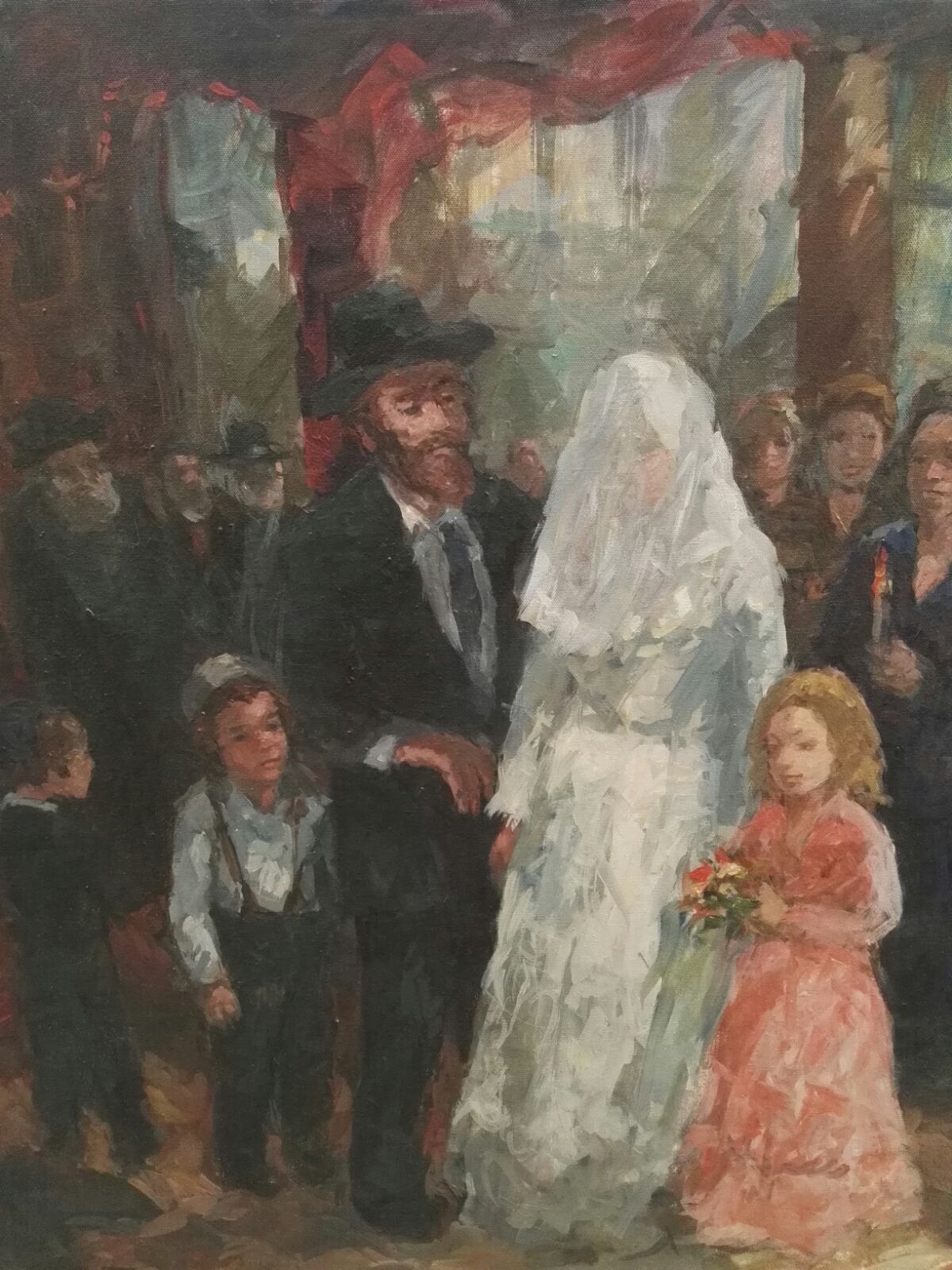
So while standing under the Chuppah what חתן can say that ‘my heart is pure and deserving and worthy of a good Mazal’ and I’ll say שהחיינו… when it’s a ספק as to how things will turn out…..’
7- Spoke about the הכנסת ספר תורה של משיח in 1970 תש”ל, that the Rebbe recited a שהחיינו and ate a new fruit.

8- Being that it was י”ט כסלו we referred back to a recent Shiur about 2 people jointly performing a מלאכה when each one individually would not be able to do so. להלכה it is considered that each one performed this מלאכה entirely on his own and is חייב.
The Rebbe writes about the חלוקת הש”ס on י”ט כסלו , where each one takes upon himself and learns only one מסכתא.
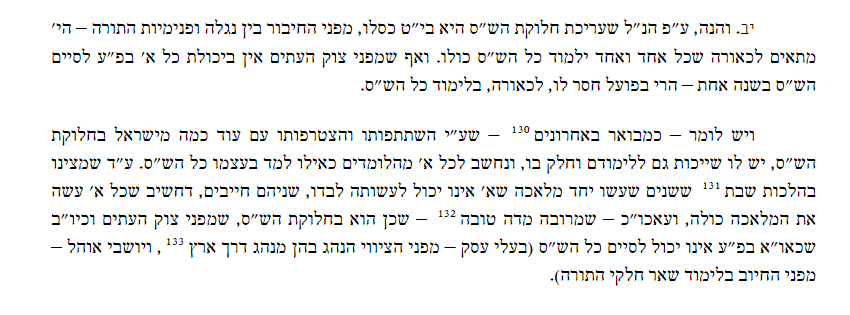
Since one cannot (usually) finish the entire ש”ס on his own, by joining a group that together do indeed finish the entire ש”ס, it is considered as if each participant completed the entire ש”ס!
